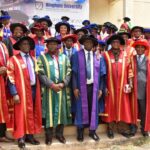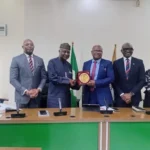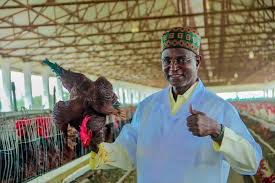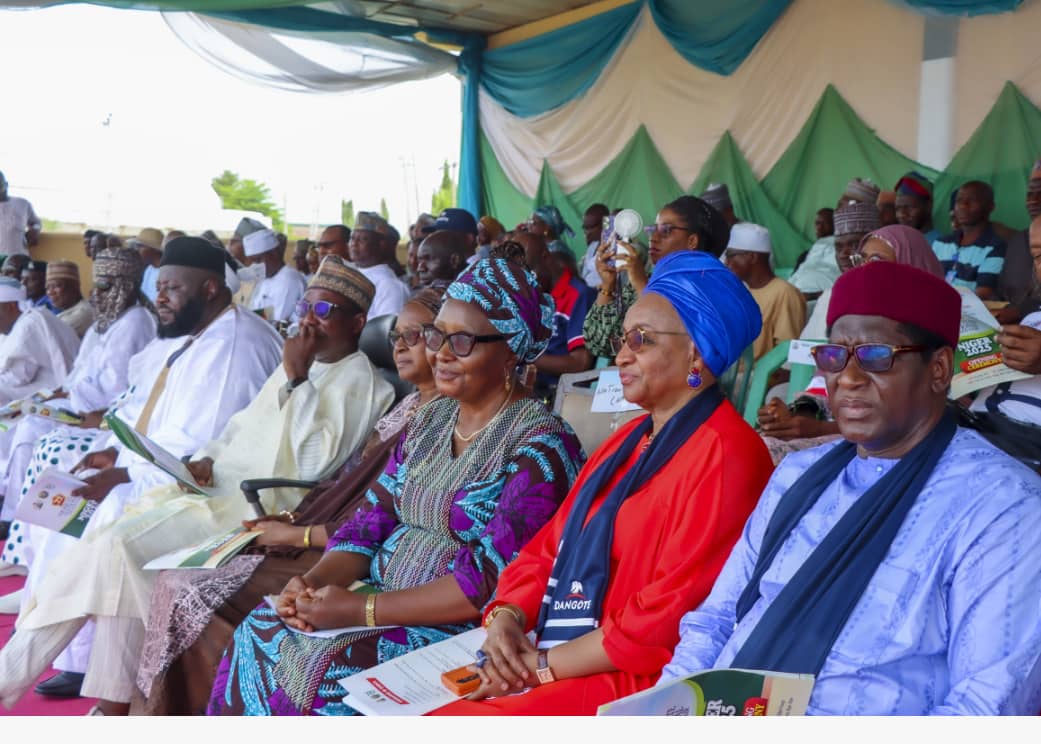Livestock ministry to empower 1,000 youths per state
By Jessica Dogo The Ministry of Livestock Development says it plans to empower 1,000 youths on different values of the sector in every state of the country. The Minister of Livestock Development, Alhaji Idi Maiha, said this at the closing of a four-day Hack4Livestock Hackaton competition in Abuja. The programmeContinue Reading




















